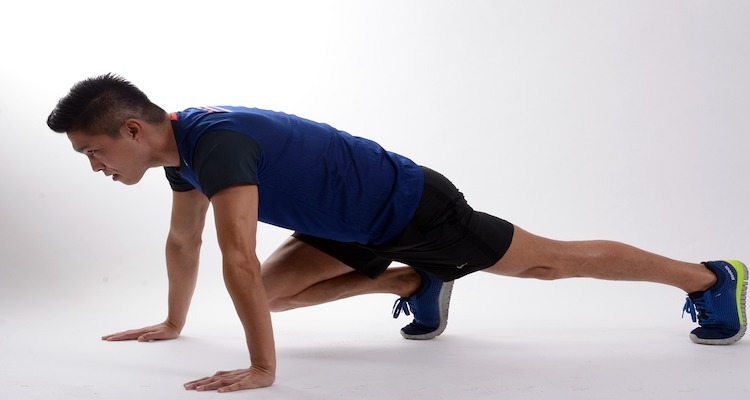
Badminton is considered a physically demanding sport. It requires a combination of speed, agility, endurance, and hand-eye coordination. Players engage in rapid movements such as running, jumping, lunging, and quick changes in direction throughout a match. They need to cover the entire court, react quickly to opponents' shots, and make powerful and precise shots themselves.
The intensity of badminton can vary depending on the level of play and the style of the players. Professional badminton players often engage in long rallies and high-intensity matches that can last for several hours. They undergo rigorous training to improve their physical fitness, strength, and stamina.
Even at the recreational level, badminton can provide a good cardiovascular workout and help improve overall fitness. It can help develop leg and core strength, enhance reflexes and agility, and improve hand-eye coordination. Regular practice and participation in competitive matches can lead to improved physical fitness over time.
Playing badminton requires several physical demands, including:
Improving physical fitness through training, conditioning exercises, and regular practice sessions can help badminton players meet these physical demands and enhance their overall performance on the court. As can working with a strength and conditioning coach.
Working with a strength and conditioning coach can provide several benefits for a badminton player. Here are some of the advantages:
Working with a strength and conditioning coach can be highly beneficial for badminton players, as it provides expertise, guidance, and a systematic approach to physical training, ultimately helping them reach their full potential on the court.
You should always get strength and conditioning advice from a qualified professional and we have a number of specialists who list on our global directory of sport performance consultants, and can help you with your badminton game. These include strength and conditioning coaches through to other experts who can offer advice on physical conditioning including yoga teachers and sports nutritionists.
